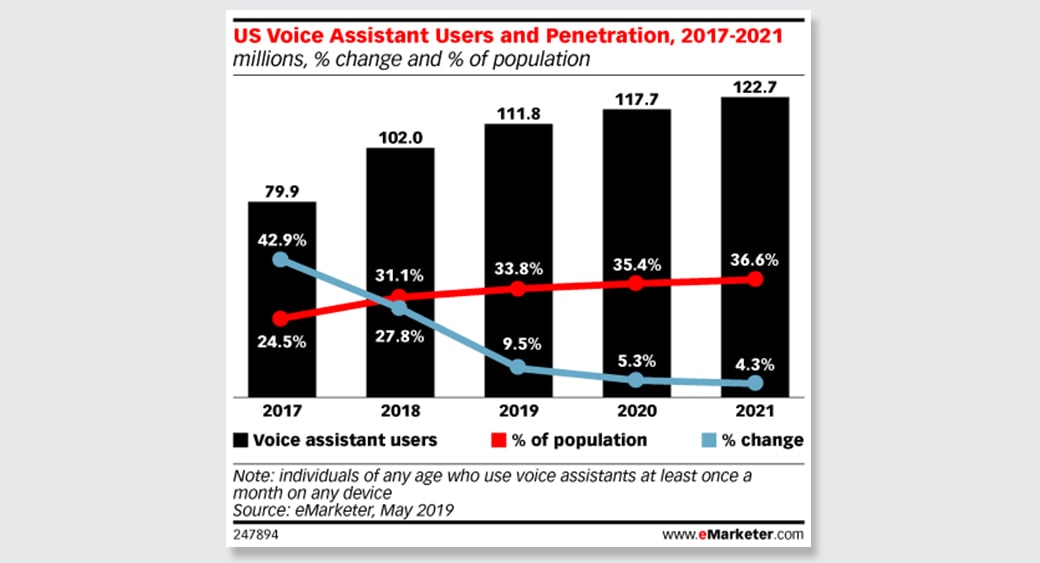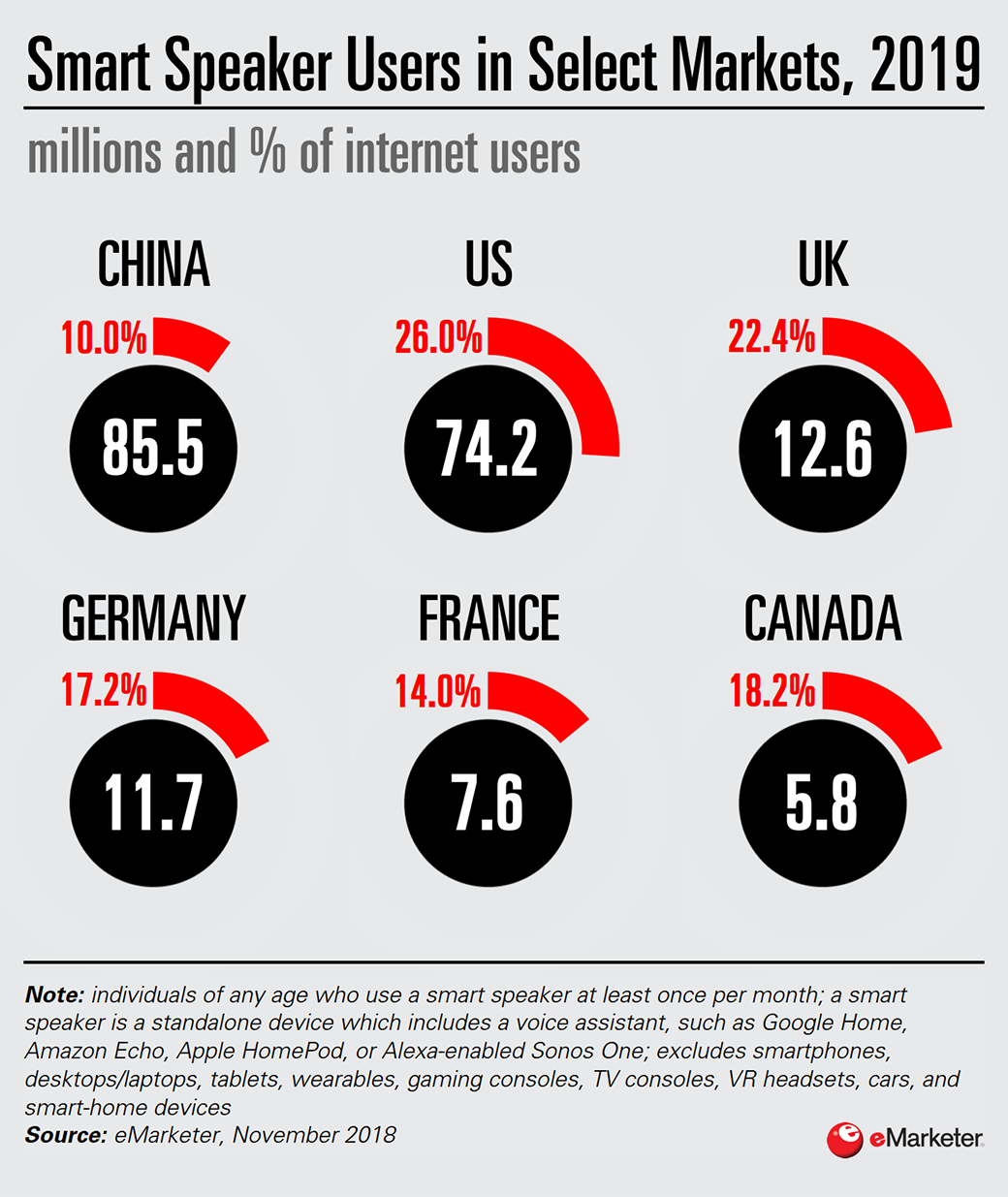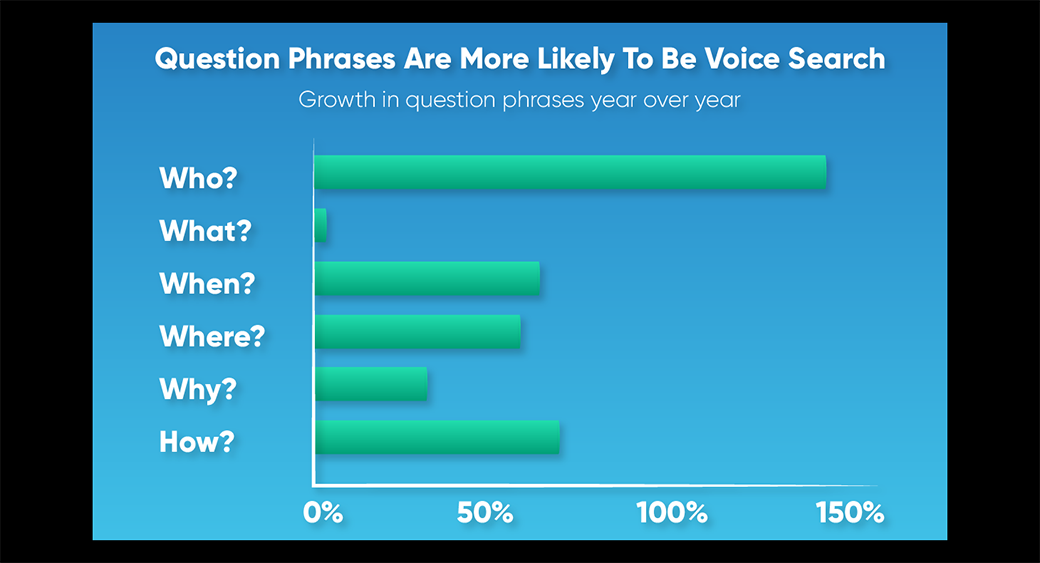What Is Voice Commerce? – Evolution of Online Shopping
“Alexa, What is voice commerce?” That is what you are thinking of doing, right? No need! Voice commerce is an amalgamation of e-commerce and smart speakers that has taken the e-commerce industry by storm!

Online shopping has been evolving over the years right from websites like Velvet Caviar to mobile apps, and now it has got its voice heard out loud with these smart devices based on the Internet of Things(IoT) technology.
People are more open to online shopping through different mediums like smart speakers. 64% of US residents are interested in ordering their food through intelligent speakers.
In the US alone, we saw a steep rise of voice assistants or smart speakers as regularly used devices by massive population, which was 111.8 million. This was far more than 79.9 million in 2017.

But the US is not the only one with extensive smart speaker usage, China has 85.8 million users, and the UK is third with 22.4% internet users followed by Canada and Germany.
So, we know now that smart speakers have colossal market penetration and has been preferable for shopping activities. What this means for businesses are more consumers, more orders, and revenues.
To understand the evolution of voice commerce, let us go back to 1968! Noriko Umeda built the first text-to-speech system back then in the electrotechnical laboratory in Japan.

But, everything changed with Siri launched with iPhone4S in 2011. It was the first modernized avatar of a voice assistant, that changed the whole text to speech paradigm! Further, we saw the rise of market leaders in voice assistants like Alexa and Google Home.
What is Voice Commerce?
A smart speaker uses automatic speech recognition(ASR) and natural language understanding(NLU) to interpret the voice command or request made by users and comes up with the desired results.
The use of the same technology by consumers to buy products, seek information about products, or ask for suggestions on products is considered as voice commerce.
Let us now discover the voice commerce trends that will dominate 2020.
Voice Search Optimization
Businesses started grappling up with this new technology. But, what has been exciting is the linkage of voice search and SEO, which lead to voice search optimization. This paradigm has been pivotal in marketing strategies and e-commerce ad campaigns.

Voice search has been the popular search tool these days, with 50% of all search on the internet being voice search by 2020. So, content marketing strategies are now designed to optimize for the voice search.
Keyword bidding comes in handy for any voice search optimization, with more than 20% of successful voice search having a combination of 25 keywords. Among these keywords, the “how” keyword is the first searched keyword.
Other Essential Factors to Consider for VSO
- Keep your Keywords to be organic as voice search uses a combination rather than specific keywords.
- Page optimizations are a must as the user will search for your content through voice, but, will use a mobile or desktop to visit the page.
- Linking is an essential part of VSO and especially, backlinking from other articles and blogs.
- Page speed should be faster as voice search are built to be a quicker version of internet search.
Voice-Based Ads
You might have experienced it already and even not known the voice-based ad that was streamed in-between your music or a podcast. One of the latest examples is Spotify ads that often end up in-between your music, especially for a free account.
Spotify has a 36% market share in the music streaming market and is a popular voice ads platform. The same ads strategy can be used by businesses by partnering with any music streaming service.
Voice commerce has revolutionized the voice-based ads from audio ads on Radio to voice-based ads in your living room. These ads boost e-commerce revenues and create new marketing opportunities for businesses.
Voice-Based Shopping
More than anything else, Voice commerce is all about online shopping through a voice assistant. The war of retail has been online shopping vs. in-store shopping, and now it’s more than just online shopping.
Voice-based shopping or voice commerce was still in its baby steps with Siri, but, with the launch of “Alexa” opened the gates for e-commerce giants like Amazon to the customer’s living rooms.
With Voice-based Shopping set to grow up to $40 Billion By 2022 and Amazon being the front runner with 55% growth, voice commerce is set to see huge leaps in terms of investments and new product developments.
Due to the growing popularity of AI(Artificial Intelligence)-based smart speakers among consumers, we saw e-commerce giants partnering with smart speaker producing companies. One such partnership was between Google and Walmart, which now enables Google Home users to search for products from Walmart’s catalog.
This move by Walmart was understandable as, 40% of US smart speaker owners, searched product information last year.
Voice Commerce for Customer Service
For any business, customer service remains to be the prime tool for enhancing consumer-company relationships. This tool can be boosted through smart devices based on IoT to make yourself more accessible.
Voice commerce is not just about usage of these technologies to make users buy your products, but it can engage consumers, solve their issues, and provide an after-sales service that can bring repeat consumers.
Take, for example, the Ivy by Go Moment, and it helps consumers navigate through hotels, personalize their stays, and other itinerary assistance for 300,000 guestrooms in some 1400 hotels.
What Can Voice Commerce Offer in the Customer Service Paradigm?
- Voice commerce can help make conversations more natural with NLU.
- It will help predict consumer behavior with the help of machine learning and AI-based algorithms.
- Voice commerce will help gather necessary raw data for businesses to analyze.
- It can create faster responses without any service delays.
- A faster, easy to communicate, and rapid resolution to queries will sustain more consumers.
- Proactive consumer service can be initiated as per user patterns.
- Voice-based smart devices can be used with human service advisors or simply allow them to transfer the call if deemed necessary.
Voice Commerce for Lead Generation
The most exciting thing about promotion and marketing with voice assistants is the amount of personalization it offers to the consumers. In the present time, personalization is an essential part of any marketing strategy.
Marketers are looking to tap into CDPs(Customer Data Platforms) for better personalization of the products according to the needs of consumers. If we think of personalization as a strategy, voice commerce can help gather data from consumers through natural conversions.
With 90% of Americans finding the personalization of content appealing, smart devices with voice recognition and natural conversion technologies can help marketers achieve that personalized content.
Voice Commerce for Conversion
What do marketers need for conversion? Consumer engagement with continuous and personalized communication. Once you have established your lead, you can use the powers of voice commerce to keep your conversation personalized and highly engaging.
It will help convert leads into potential buyers. Most importantly, it allows sharing your product information more organically, through tools of voice search. Marketers can employ voice-based devices for offering personalized deals and promotions.

Today, 52% of people who use voice search, are searching for information related to deals, sales, and promotional offers. Another 39% use it to access business information, and 38% use it for customer support service requests.
Voice Commerce for Buyer’s Decision
People use their smart speakers for suggestions on products to buy. We are familiar with the product recommendations made by such voice assistants. Many of you might be using your smartphones and smart speakers for the same.
But, Amazon went a step further with Amazon Skills. Take an example of the Alexa Skill; it is a voice application, just like a smartphone application. The difference here is its functionality as a voice assistant.

Think of having a ketchup stain on your sleeve, you can ask the ariel skill for suggestions. Consequently, it will advise you methods of stain removal with all its product recommendations to help you with the task and, in turn, promote its product catalog with an organic sales pitch.
Another modern tool employed by e-commerce giant Amazon to influence the buyer’s decision is its repurchase algorithm. It adds your purchased products automatically as a priority in the recommendations, and it will make.
The result is 74.51% of consumers responding as being wholly or moderately confident of the suggestions made by their Alexa devices for their purchase.
Voice Commerce and other Technologies
With voice assistants, another essential technology was taking its baby steps to the innovative world-AR(Augmented Reality). According to surveys, 74% of consumers are aware of voice-based shopping through smart speakers, and 68% are aware of AR-based shopping.
Both of these smart technologies have very little difference in terms of conversion rates. Smart speakers have a conversion rate of 10.8%, and AR has a conversion rate of 7.4%, making them both great technologies for e-commerce and other businesses.
Businesses can invest in a technology that can combine voice commerce and AR-based commerce into a single commercial tool that can allow consumers to use the best of both.
The latest development in this area is the development of an AR lens by Mojovision. This technology will revolutionalize the AR as it fits in your eyes. But, imagine this with a voice search attached to it, and you see the future.
Critical Challenges for Voice Commerce
- Accuracy of voice search remains to be a concern with significant voice search assistants.
- Data security and regulation need attention to new rules formed around the globe.
- Technological infrastructure remains a challenge for many businesses.
- Lack of consumer awareness in some demographics.
- Network capabilities in many regions like southeast Asia is a crucial challenge.
- Another key challenge is creating revenue out of voice commerce as voice services are not chargeable.
- Marketing and promotional strategies to accommodate voice commerce platforms and their usage.
- Need for an increase in conversion rates through the platform of smart speakers.
Muting It
With times come new ways to take your business to a new level. Consequently, voice commerce is your new route to success. With the rise of smart speakers and other IoT-based devices market, voice commerce is set to disrupt the future demands.

Though there some key challenges to overcome and accuracy is the top of them. Incorrect results can defect any business from achieving its goal through voice commerce.
The security issue is another concern where the company is now working to make its voice services more data regulation-compliant and provide a more secure voice search.
In the end, it may be a challenging technology to cling on, but the kind of potential it has makes voice commerce worth it!




Leave a Reply